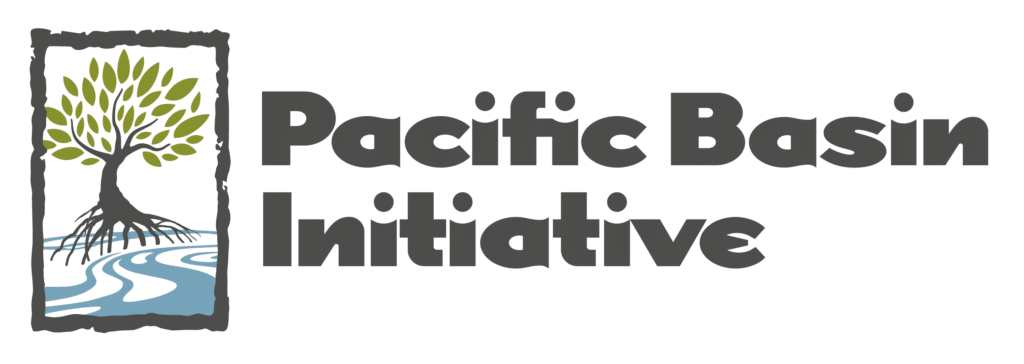Middle East Human Rights Advocacy Project
Middle East Council of Churches
The need for bringing about positive and peaceful change in the Middle East must continuously be addressed. The churches in the Middle East play a major role in creating awareness and calling for actions and solutions designed to influence this positive and peaceful change. The Regional Advisory Committee of the Middle East Council of Churches (MECC), which is composed of scholars, activists, consultants, lawyers, and religious leaders, will play a pivotal role in executing this proposed project. The project seeks to identify action-oriented strategies for monitoring and providing advocacy for human rights in the Middle East region.
|
Donations |
|
To make an online gift to this project click here. Select Middle East and Europe from the designation list and type Human Rights Advocacy Project into the Project/Partner line. To make a gift by check to this project click here. |
This initiative intends to issue reports reflecting the human rights situation in each country, focusing on burning issues that affect the situation of justice and peace. These reports will be circulated to the different partners and churches. An analysis will be followed and different types of actions will be undertaken starting from support and advocacy with the help of our partners, and ending in approaching local governments and organizations with high caliber suggestions.
The aim of this action is to help the international churches and partners know more about problems and situations in the Middle East region so they may engage effectively in dialogue, civil society mobilization and advocacy, peace building, and human rights. Also, the purpose is to motivate persons to hold their governments and other decision-makers democratically accountable for policy results.
Specifics of the project include composing well-documented and analytical local reports about major contributions to the defense of human rights in all or some of the countries included in the Middle East Council of Churches, based on “action, not reaction.” A written work charter that sets out behavioral rules will be produced. This charter will include the following seven rudiments:
- Human rights as serving the religious Institution
- Value system of human rights
- Defending religious freedoms
- Family rights and duties
- Socio and economic rights
- Justice in international relations
The role of educational institutions, theological seminaries, and the media will be reviewed. A monthly consultation identifying specific issues for advocacy that are within the mandate of the churches and non-governmental organizations (NGOs) in the region will be held to discuss one of the issues chosen. The consultation will be accompanied by written studies helping the publication of a complete dossier. The goal is to issue four dossiers on a particular issue per year.
A database to establish local networks of churches, church-related organizations, and NGOs on human rights advocacy issues will be established to exchange information and experiences, and a mailing list of resource persons will be kept.
Four training seminars will be held to empower 30 youth activists from churches and NGOs from each region to work collectively on strategies for advocacy and implementation of human rights principles and to help coordinate the monitoring work. One regional seminar will bring together committed participants with the Forum members and resource persons from different sectors to exchange and evaluate the outcome of the work. Adjustments to trends will be made in accordance with the assessments done.
The training workshops will take place in a church-related conference center in order to make use of the available facilities and reduce the costs of accommodation and meals. This will be the local contribution by the community. Training workshops will last for three days (two nights). The trainer will be asked to consider an interactive style of training as well as a course-based approach, based on case studies and practical experience.
Participants will draft a plan for advocacy work based on the training, outlining the issues to target for advocacy purposes, as well as institutions, individuals with whom to advocate. Furthermore, they will learn and contextualize the tools for and timing of advocacy activities.
The participants will identify their training needs for future programs. The MECC would look to use the materials and documentation produced from the workshop to duplicate the training in the other countries where possible.
If you would like to help with the project, you may make a donation to “Human Rights Advocacy Project in the Middle East.” Below is a list of special ways in which your gifts can help the project:
- $30 will pay for transportation for one participant to one workshop
- $50 will pay for one participant for one workshop
- $100.00 will pay for one trainer for one workshop
- $150.00 will cover the administration and coordination fee for one workshop
- $375.00 will cover the publication and documentation cost for one workshop
Donations
To make a gift online or by check to this project click here and select from the designation list.
Support this Ministry
To make a gift for this ministry online or by check use the online donation page.
- 100% of your gift will be directed to Middle East Human Rights Advocacy Project
- You will receive updates on the work in this area as they become available
- Share in the vision of God’s abundant life for all people
Related Content
Pacific Basin Initiative Giving Opportunities
Korea Hong Kong Fiji Japan Philippines Marshall...
Read MoreGlobal Ministries projects addressing Human Trafficking
Human trafficking, or trafficking in persons, is one of the world's largest organized criminal...
Read MoreJoint Interfaith Statement on the Entry into Force of the Treaty on the Prohibition of Nuclear Weapons
PDF Version As a wide coalition of faith-based communities from around the world, we speak with one...
Read More
